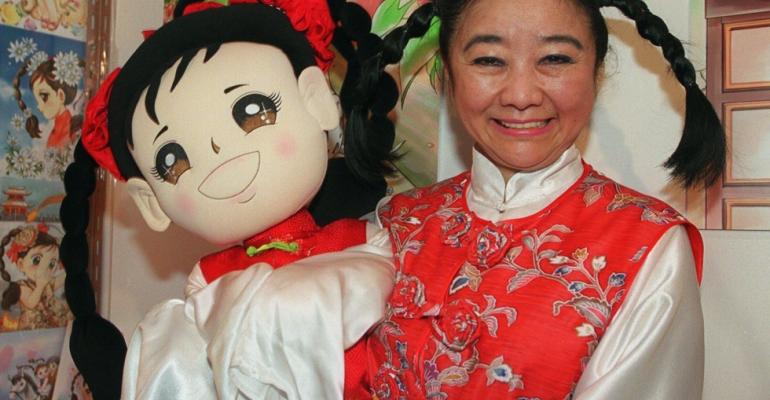When noted eccentric and Hong Kong billionaire Nina Wang died in 2007, it was like turning over a rock to see all manner of insects scurrying out from beneath. Hong Kong courts have seen a steady stream of weirdos, hucksters and the occasional legitimate charity come marching through, all looking to get a piece of her estimated $4 billion estate.
And while your high-net-worth clients might not have left a legacy as strange as Wang's, her story holds some lessons and reminders about how tangled legal claims can become when the wealthy pass on.
Though, to be fair, it’s not like things were any less bizarre while she was alive. She came into her fortune when her husband, the prominent industrialist Teddy Wang, missing since being kidnapped for ransom in 1990 (for the second time!), was declared legally dead in absentia in 1999.
The most recent oddity came to light on Tuesday, when the administrators of Wang’s estate brought suit against a feng shui master, two businessmen and a company for roughly $50 million for selling Wang fake relics between 2004 and 2006. The eight vessels in question, known as “Dings,” were purportedly from the Han dynasty (206 BC – 220 AD) and were traditionally associated with power and healing. The cancer-stricken Wang believed that they could help her overcome her disease. She was wrong.
Administrators later inspected the objects and determined that they were forgeries purchased under two separate contracts. One in 2004, brokered by feng shui master Liu Jiantang and businessmen Zheng Guiyao and Huang Zejun, with a company called Source Achieve as the seller; and a second, from 2005, in which items were brought directly from Liu himself.
Strangely enough, this isn’t even the first time the Wang estate has had to reckon with a sketchy feng shui master or deal with a forgery. In fact, the first major conflict after her death involved her alleged lover, feng shui master Tony (now Peter) Chan’s, attempt to establish himself as the sole beneficiary of her estate by way of a forged will. The Courts saw through this ruse and in 2011 awarded full trusteeship to a charity run by Wang’s siblings, the approachably named Chinachem Charitable Foundation. Chan was later sentenced to 12 years in prison.
Despite the eccentric principals and international flavor, this case offers a number of lessons for advisors to high-net-worth clients. First, advisors must recognize the potential for elderly or ill clients to be taken advantage of and, more importantly, actually discuss that vulnerability with clients and their families to attempt to create a support structure, through carefully drafted documents and just remaining vigilant, to protect the client from both potential predators and, often, themselves.
Second, the most recent development serves as an excellent reminder of the dangers inherent in purchasing art and other collectibles. It’s imperative to bring in an outside expert to ensure that what’s being purchased is real and that the price being paid is fair (and even this isn’t a guarantee, as the first contract in the case indicates). Further, clients should be wary of purchasing directly from even a trusted expert. Always get a second opinion from an uninterested party, even if only to improve your client’s bargaining position.
Finally, maybe encourage clients to avoid feng shui masters.





